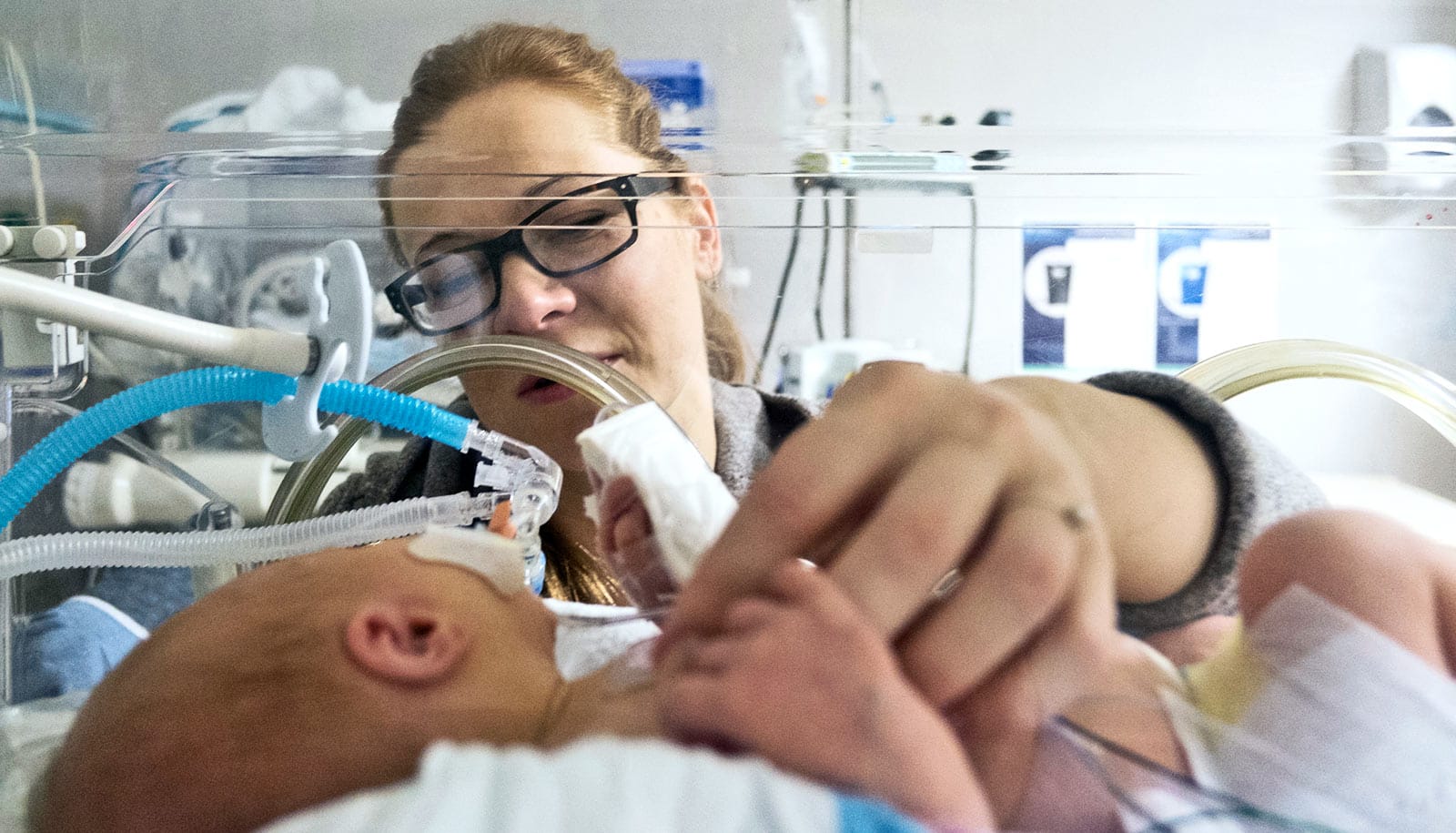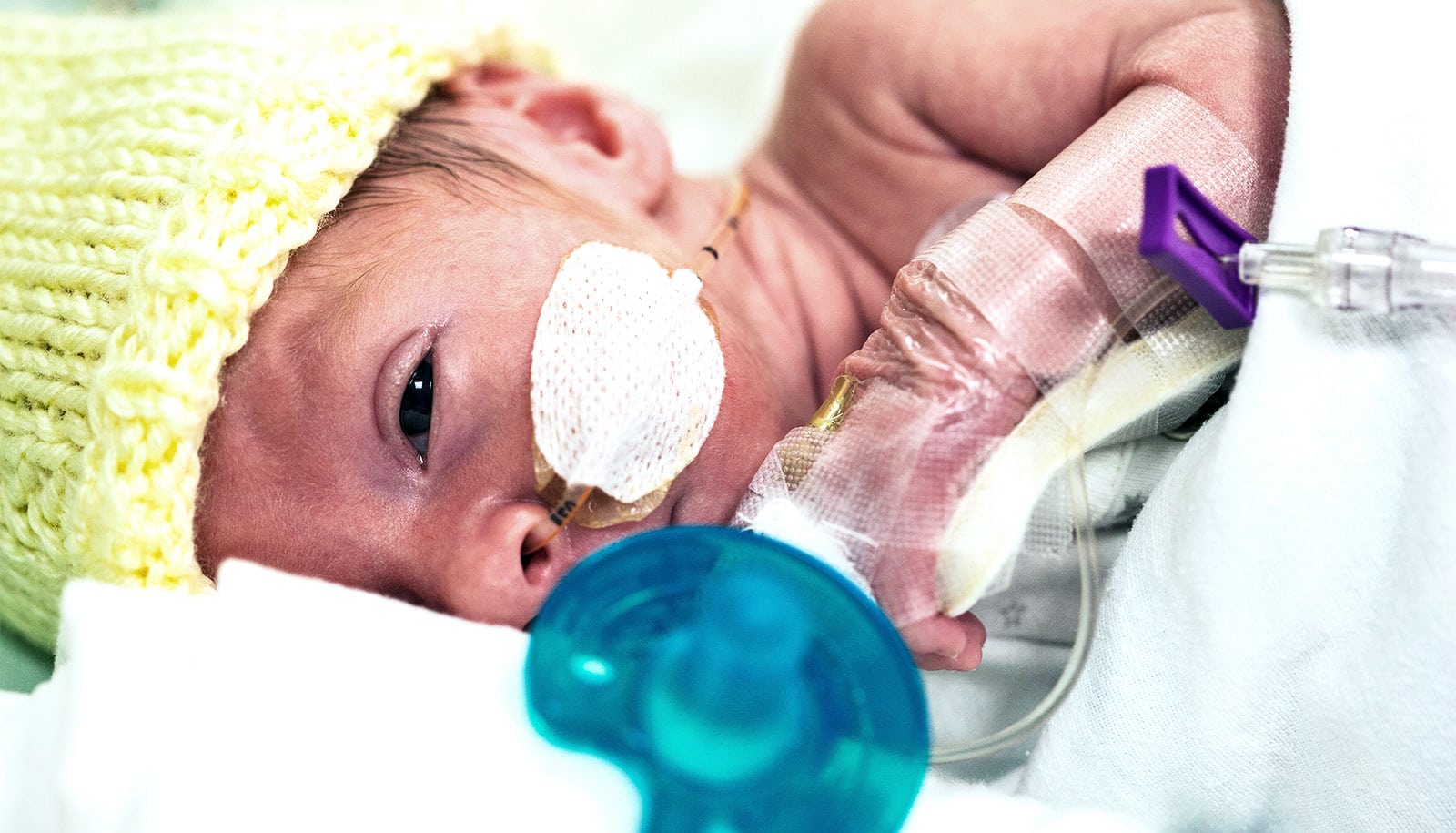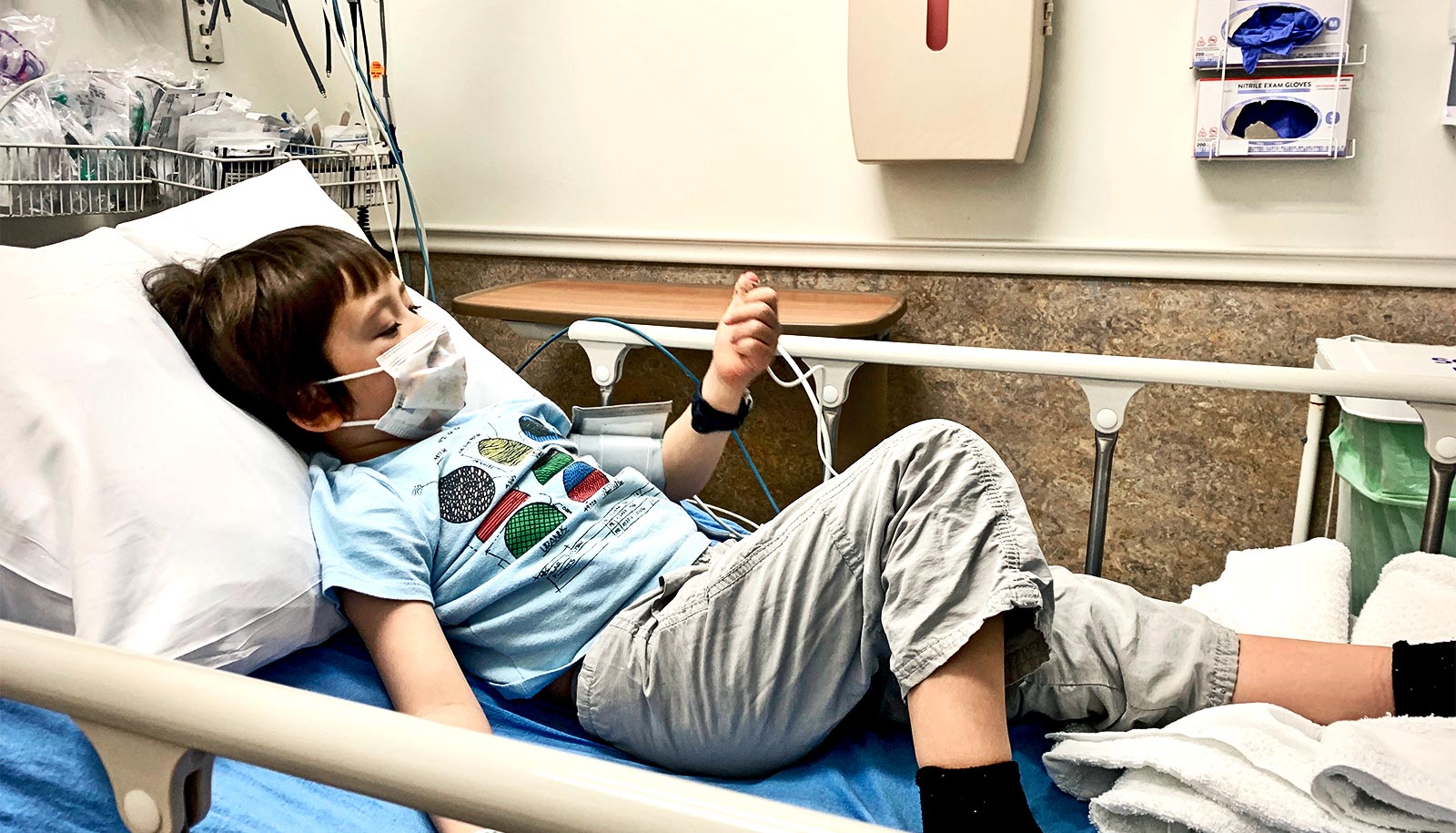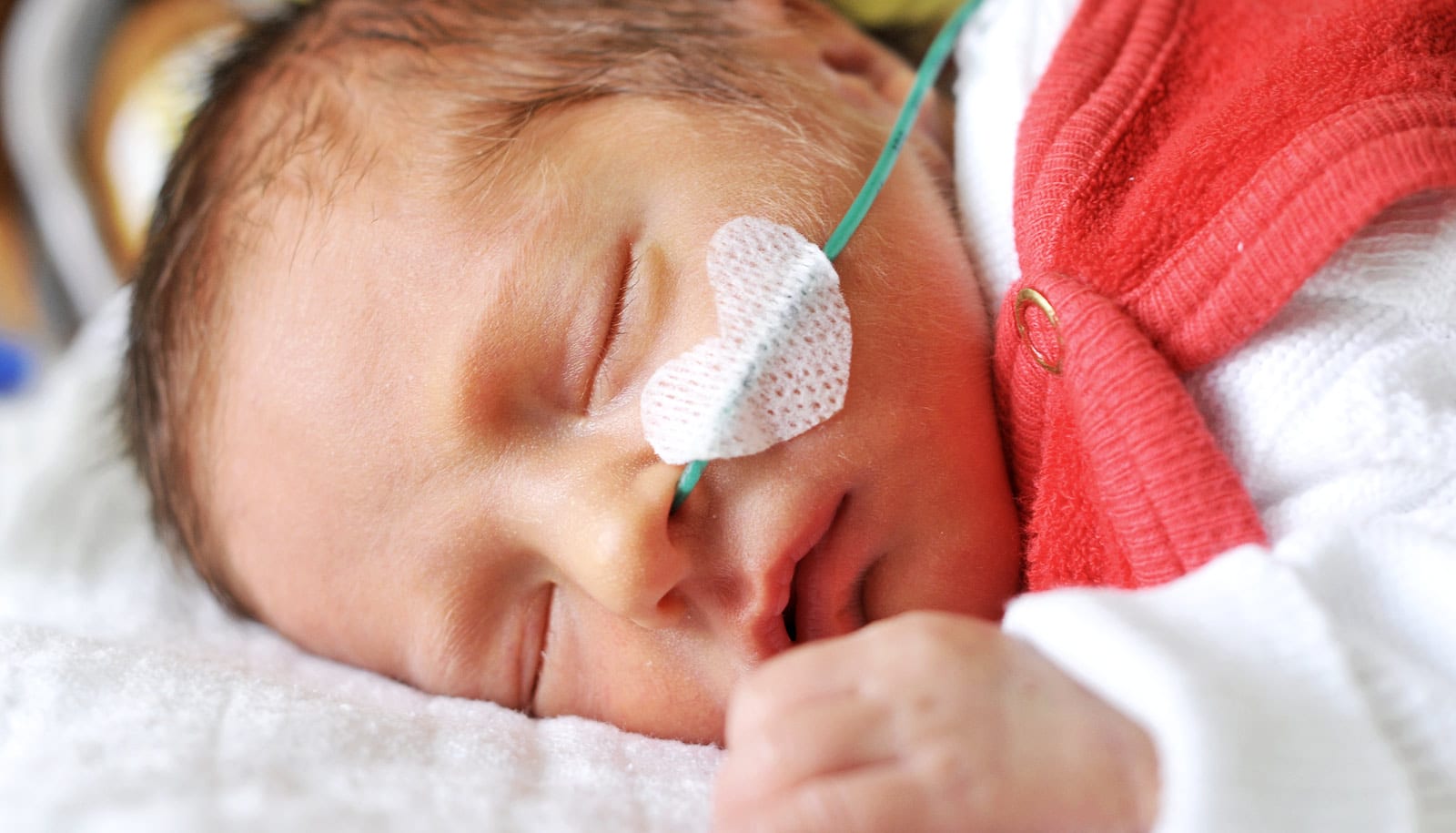Emotional exhaustion, isolation, and “nonsensical” visitor and other hospital policies contributed to parents of babies in neonatal intensive care units feeling less satisfied with care during the early days of COVID-19, researchers report.
For a new study, researchers examined the effects on family and financial well-being of 178 parents whose infants were hospitalized in neonatal intensive care units between February 1 and July 31, 2020, during the early period of COVID-19.
Parents reported significant family impact and greater financial difficulty. Extremely premature infants, lower household income, parental mental health, and lower parental confidence were predictive of greater impacts on family life, says first author Ashlee Vance, who was a postdoctoral researcher at the University of Michigan during the study. Vance is now an assistant scientist at Henry Ford Health System at the Center for Health Policy and Health Services Research.
The scores were from a sample of parents in hospitals across the United States.
Anxiety, worry, and hopelessness
Overall, parents reported that the experience of NICU hospitalization during the early months of the pandemic was one of emotional exhaustion and isolation. Parents reported they felt changes in visitor policies due to COVID “split” the family unit, were “nonsensical,” and not family-centered.
Parents also reported that they wanted to be valued as essential caregivers, and wanted acknowledgment and empathy from health care providers about the challenges of having an infant in the NICU during a pandemic.
Vance was surprised at how low the neonatal satisfaction scores were.
“This, to me, signals that families in general had concerns about the care of their infant, yet it’s still unclear as to what contributed to this. Was it COVID specifically? Or overall care that was provided in certain NICUs? This is an area I want to continue to explore,” she says.
Another interesting finding is that mothers in the study didn’t report greater depression during this period. Vance says that one explanation may be that because the questions were designed to capture mood within the last two weeks, it may not have been long enough for more depressive or anxious symptoms to take hold.
However, even though the scores were in the mild range, more than 40% still reported feeling nervous or anxious nearly every day, 32% had difficulty stopping or controlling how much they worried, and 38% said they felt down, depressed, or hopeless several days in the previous two weeks. So, even though overall scores were mild, many were struggling with anxiety, worry, and hopelessness.
Let parents stay in NICU
COVID-19 isn’t going away anytime soon, and Vance believes things can be done to improve parents’ and families’ NICU experiences.
“I think reestablishing a commitment to unlimited family presence can help mitigate the risks associated with a NICU stay,” Vance says. “I think for families a real attention to connection and providing supportive services needs to be a priority for providers. Their workdays are busy but families notice when someone is connecting with them, values their presence, and is empathic.
“It doesn’t cost anything to welcome families into the health care space and new studies are showing that transmission risk in the hospital setting, with mitigation strategies in place, is low.
“If health care workers can continue to work with or without a vaccine and wear a mask and we do not know what practices they abide by when they are not at work, then I think it is unreasonable to limit parents who also live in the same household.”
The study appears in the American Journal of Perinatology. Additional coauthors are from Marquette University, the University of Nebraska Medical Center, and the University of Michigan School of Nursing.
Source: University of Michigan



